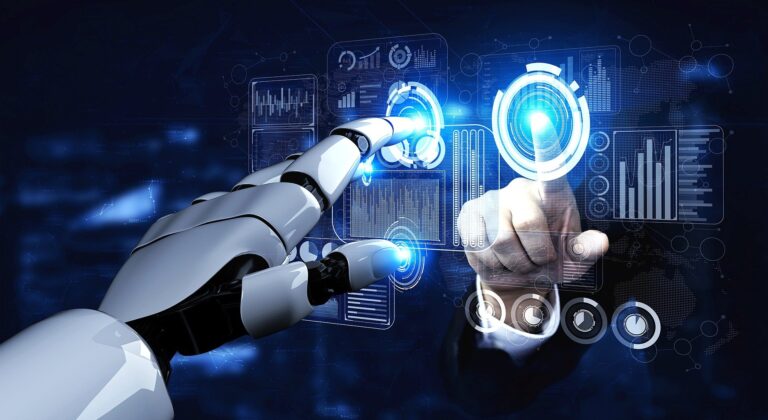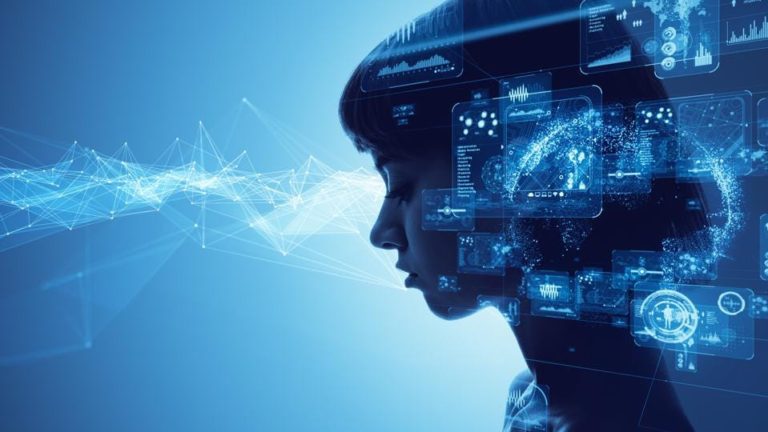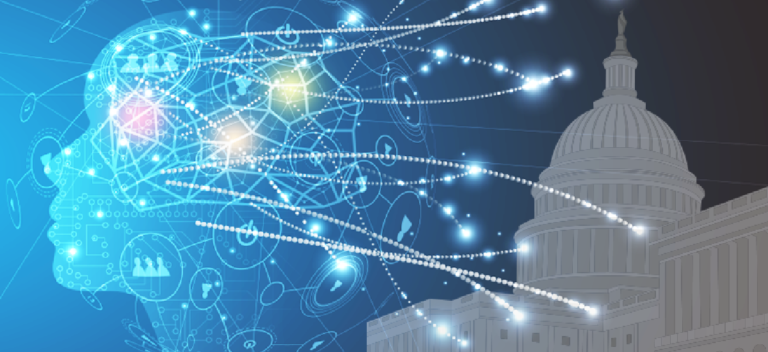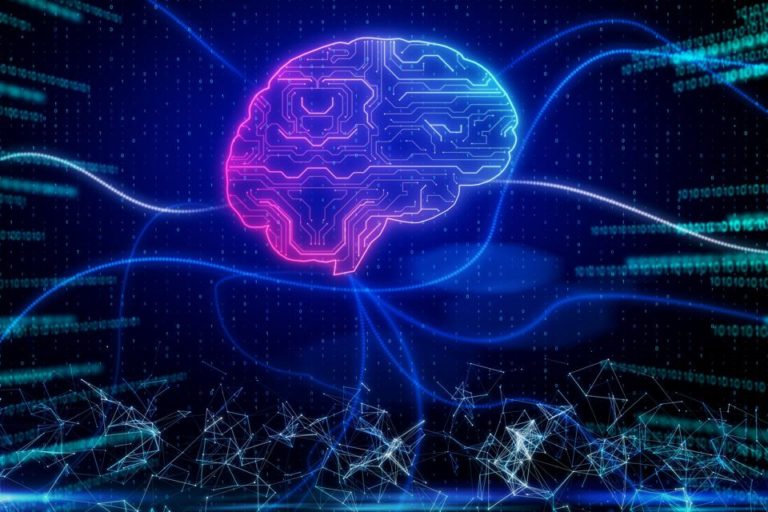In recent years, generative AI has emerged as a powerful tool that can help organizations automate a wide range of tasks and generate new content, products, and services. With its ability to learn and mimic human behavior, generative AI is poised to have a significant impact on today’s organizations.
One of the most significant impacts of generative AI will be on the way organizations produce content. With the help of generative AI, organizations will be able to produce content at a faster pace, and at a lower cost. For example, generative AI can be used to create news articles, product descriptions, and social media posts, reducing the need for human writers and editors.
Generative AI will also have a significant impact on product development. Organizations can use generative AI to generate new product designs and test them in a virtual environment, reducing the time and cost associated with physical prototyping. Additionally, generative AI can be used to identify patterns in customer data and develop personalized products and services that better meet their needs.
Another area where generative AI will have an impact is in customer service. With the help of generative AI-powered chatbots, organizations can provide customers with instant support and assistance, without the need for human intervention. These chatbots can be programmed to understand natural language and provide personalized responses, improving the overall customer experience.
Generative AI will also play a significant role in cybersecurity. With the help of generative AI, organizations can detect and respond to cyber threats more quickly and efficiently. Generative AI-powered algorithms can analyze vast amounts of data to identify anomalies and predict potential attacks, allowing organizations to take proactive measures to protect their systems and data.
While the impact of generative AI on today’s organizations is undeniable, it is important to note that there are also some challenges and risks associated with its use. For example, there is a risk that generative AI algorithms could be used to spread fake news or other malicious content. Additionally, there are concerns around the ethical implications of using generative AI to automate tasks traditionally performed by humans.
In conclusion, generative AI is poised to have a significant impact on today’s organizations, from content creation and product development to customer service and cybersecurity. While there are certainly risks and challenges associated with its use, the potential benefits of generative AI make it a technology that organizations cannot afford to ignore.




